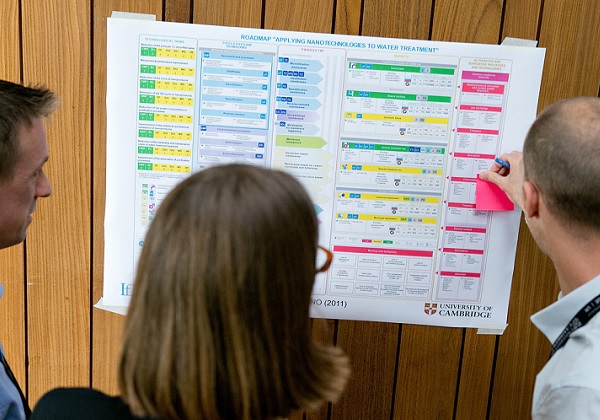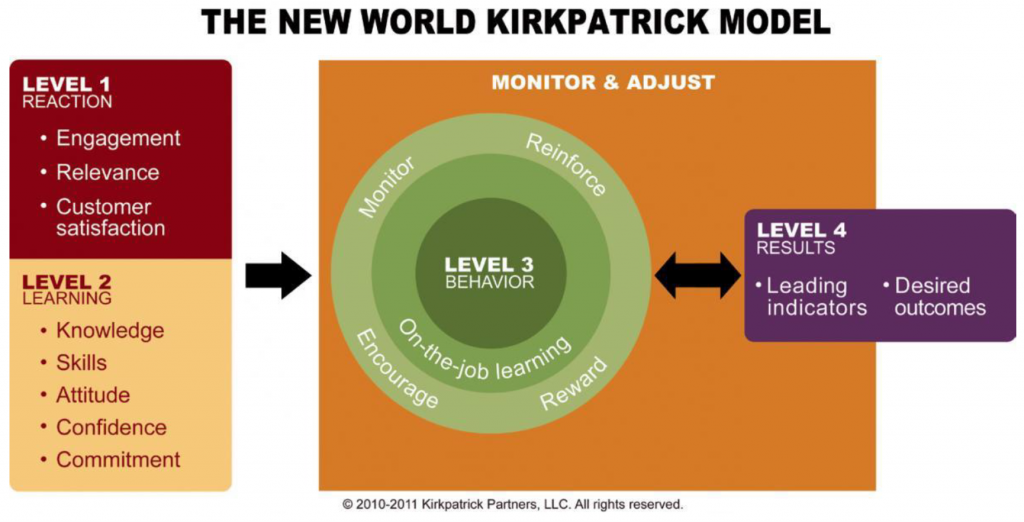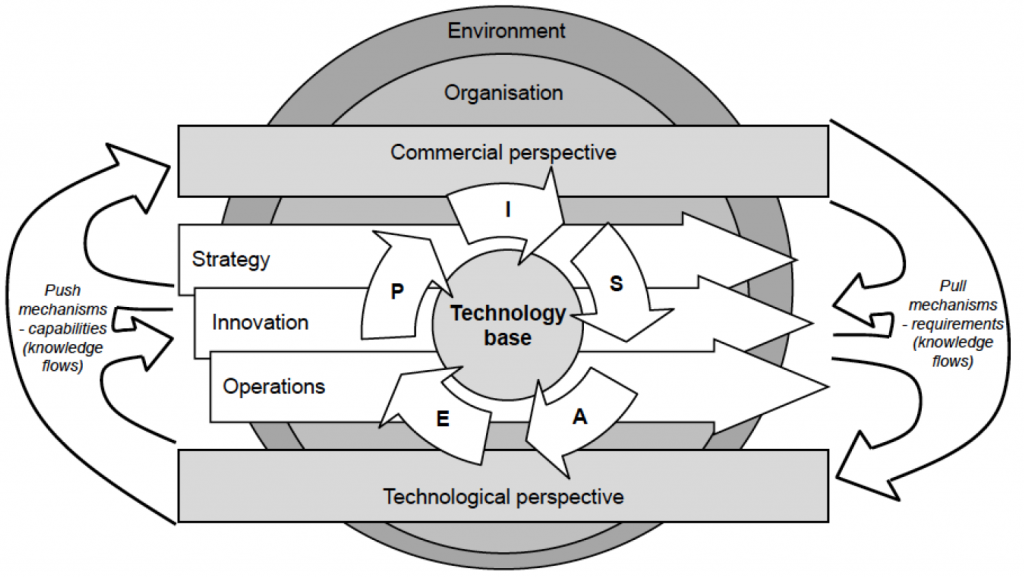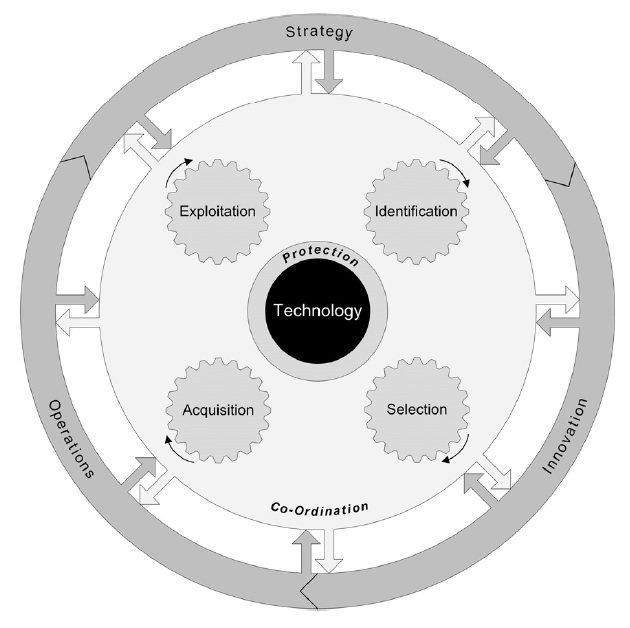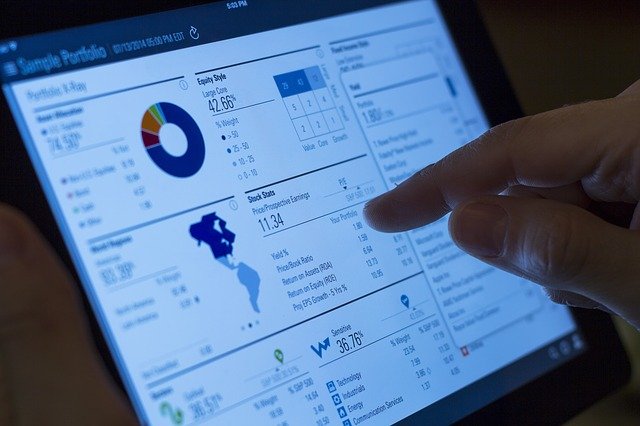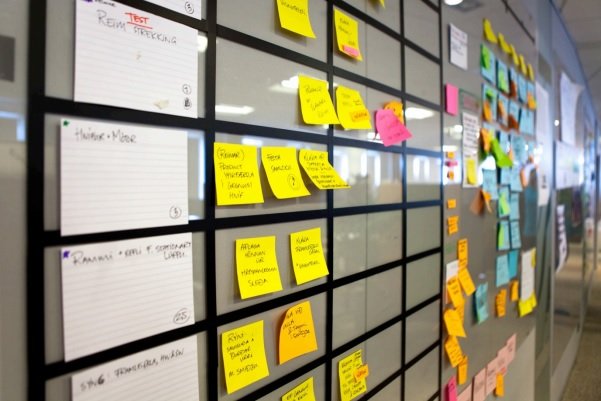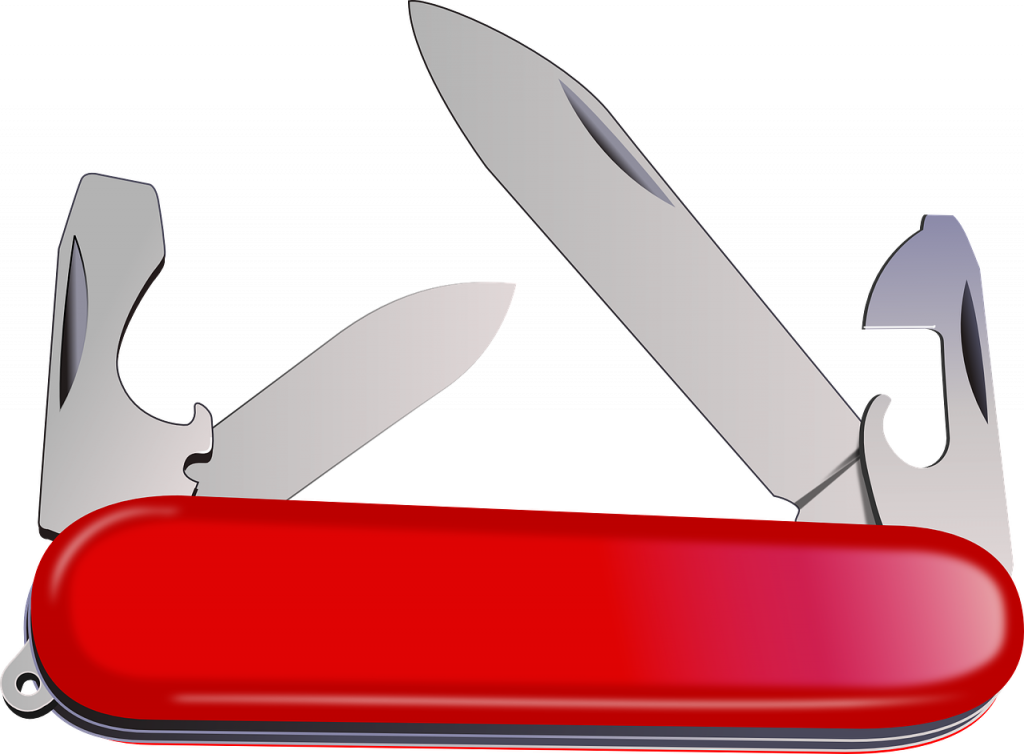Clare is Senior Research Associate of Technology Management at the Institute for Manufacturing at University of Cambridge.
Following a degree in Chemical Engineering (University of Nottingham, BSc BEng) Clare spent six years in industry in process plant and composites manufacturing environments, involving engineering projects, production support, process improvement and new product introduction work.
In 1995 Clare became a researcher in the area of Technology Management and has worked on a wide range of applied research projects, particularly technology management tool development and application, focusing on workshop approaches to encourage technical/commercial discussion.
Related posts
The need for Roadmapping is still vital, but is it sufficiently adaptable to support geographically dispersed teams challenged by rapidly changing technologies and business environments?
Want to know about R&D Management but too busy to read all the journals? The editors for R&D Today have each selected a journal and have made a selection of the most interesting papers of recent years.
Small and medium sized businesses account for 66 per cent of total employment in the EU and contribute 57 per cent of the value – but how much support do they have to be innovative and can coaching help?
Increasingly the alignment of technology management and innovation management is seen as crucial to the performance of knowledge and manufacturing-based organisations, creating a demand for improved methods to assess performance.
The programme for the next R&D Management Conference is shaping up. There will be a good mix of sessions of interest both to academia and industry, including a session of the role of software in roadmapping.
Could coaching provide the support that SME’s require to improve their innovation activities? In a pilot 10 SMEs were introduced to strategy and technology management tools developed through research and given coaching on applying these tools to their own processes to improve their innovation activities.
Management tools and techniques such as roadmapping, portfolio management methods and scenario planning are considered useful for a variety of business issues, but there is a need for a more stable approach.
To extract best value from investments in technology and innovation, managers need to address a wide range of aspects. The emerging ISO standards provide an opportunity for improved tools to assist. One such tool, the Innovation Technology Management (ITM) process framework was shown to provide insights into performance trends and identify issues commonly faced across the oil and energy sector.
Sustainable value gives longer term business return because it delivers the triple bottom line of economic, environmental and social value. However, current assessment methods are essentially audits and can only be used when every detail of an innovation are known. This paper presents a forward-looking approach to be used at an early stage of the idea/design to question and improve technological developments.
A ‘fast-start’ method for technology roadmapping discussed in this paper, provides a means for improved understanding of the architecture of roadmaps and for rapidly initiating roadmapping in a variety of organizational contexts, says Clare Farruk
The collaborative industrial-academic development of management toolkits is still a novel concept, writes Clare Farrukh. She introduces a paper that discusses the potential of these tools. Key principles for developing industrially relevant strategic technology management toolkits Kerr, Farrukh, Phaal and Probert, 2013, When considering the potential uptake and utilization of technology management tools by industry, […]
This paper explores how coaching using University generated knowledge can be seen as a form of inbound organizational innovation that enables SMEs to improve their innovation activities.
The issue of assessing technology for business application is cited as a major concern for managers in industry. Representatives from a range of industries were interviewed to review the tools and techniques currently available and to identify gaps and limitations.
Welcome to the R&D Today Roadmapping theme from the editors, Rob Phaal, Clare Farrukh and Sven Schimpf
The aim of portfolio management is to ensure that a sensible set of innovation projects is supported by the company, for example balancing risk against reward.
To fail fast can save enormous waste later in the product lifecycle. Failure Mode and Effects Analysis (FMEA), enables potential errors or faults to be predicted during the early design stages and it is used by many companies as a central pillar of their design process.





